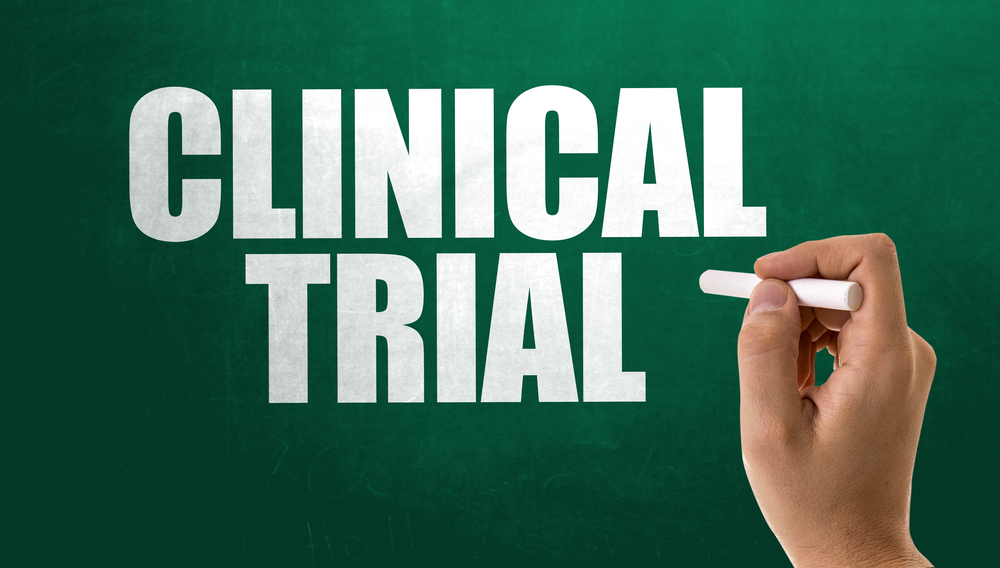Resolve Therapeutics Completes Enrollment for RSLV-132’s Phase 2a SLE Trial

A Phase 2a clinical trial evaluating Resolve Therapeutics‘ investigational treatment RSLV-132 in systemic lupus erythematosus (SLE) has completed patient enrollment, the company announced.
The trial has recruited 64 patients with active skin disease and are positive for RNA antibodies. Patients were recruited at 20 centers in the United States and will receive RSLV-132 or a placebo, given once every two weeks, for 24 weeks.
“We are excited to move this potential new therapy one step closer to the large number of lupus patients who are in urgent need of new treatment options,” James Posada, PhD, CEO of Resolve Therapeutics, said in a press release.
RSLV-132 is a targeted biologic therapy designed to remove pro-inflammatory RNA molecules from circulation. It works by breaking down RNA molecules found in autoimmune complexes, which are known to activate pro-inflammatory signals involved in SLE.
“While many development efforts have targeted specific individual cytokines with modest success, Resolve has approached the treatment of lupus by eliminating the initial critical events that trigger downstream pro-inflammatory cascades,” Posada said.
In a prior Phase 1 trial (NCT02194400), the treatment was assessed in 32 patients with mild SLE, who received escalating doses of RSLV-132 to determine its optimal dose.
The treatment reduced disease activity in 44% of the patients, compared to 33% of those receiving a placebo. In addition, improvements in disease activity were accompanied by decreases in RNA autoantibodies or signs of pro-inflammatory molecules in some patients.
In general, RSLV-132 was safe and well-tolerated, with the rates of adverse side effects being similar in both groups. Most were mild in severity and not related to the investigational therapy. Only one patient stopped the treatment prematurely due to a serious side effect that was not related to RSLV-132.
Researchers are now conducting the Study 132-03 Phase 2 trial (NCT02660944) to continue testing RSLV-132’s effectiveness. Specifically, they intend to determine if the treatment is better than a placebo at reducing skin activity — measured through a reduction in Cutaneous Lupus Erythematosus Disease Area and Severity Index (CLASI) scores.
Secondary goals include a reduction in steroids and fatigue. as measured with the Functional Assessment of Chronic Illness Therapy (FACIT) Fatigue Scale. Preliminary results are expected by the first quarter of 2020.





